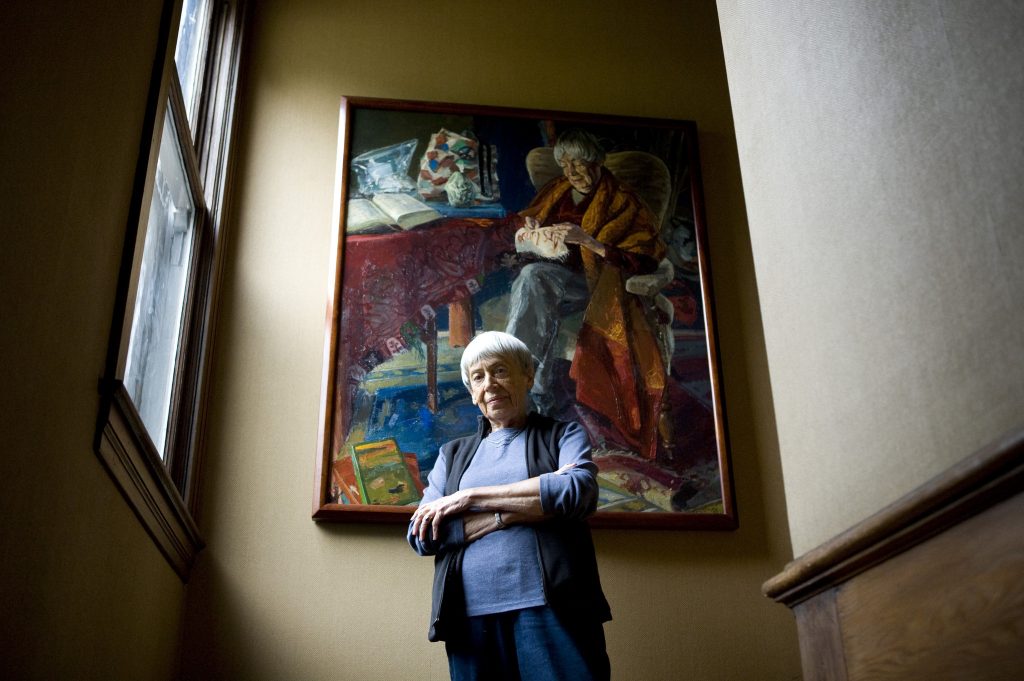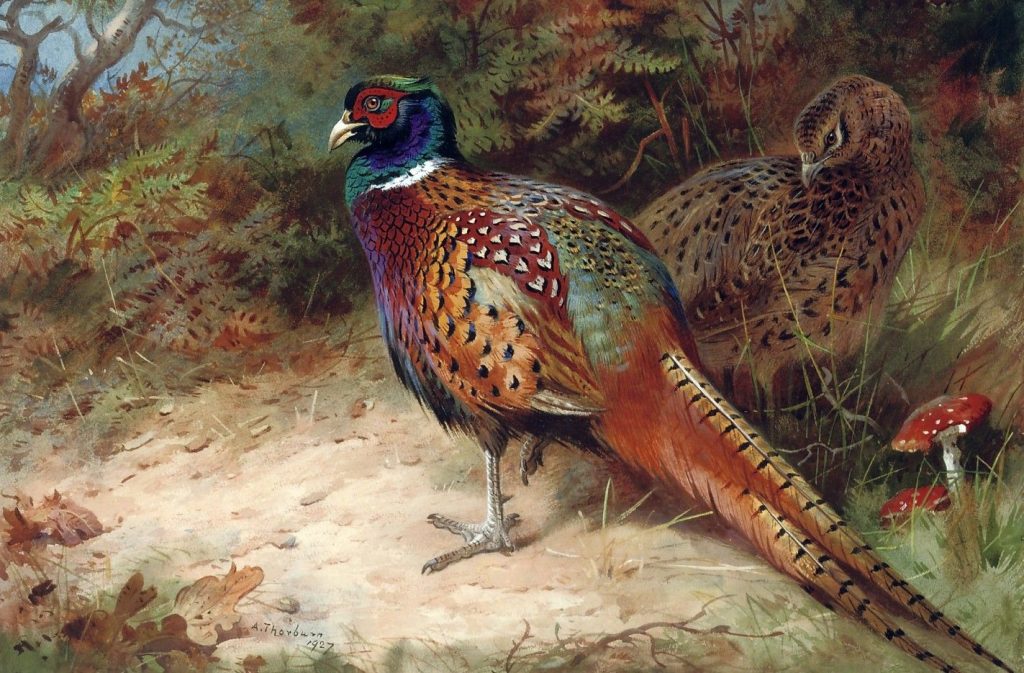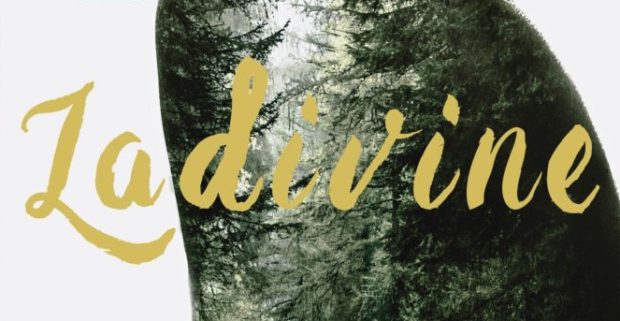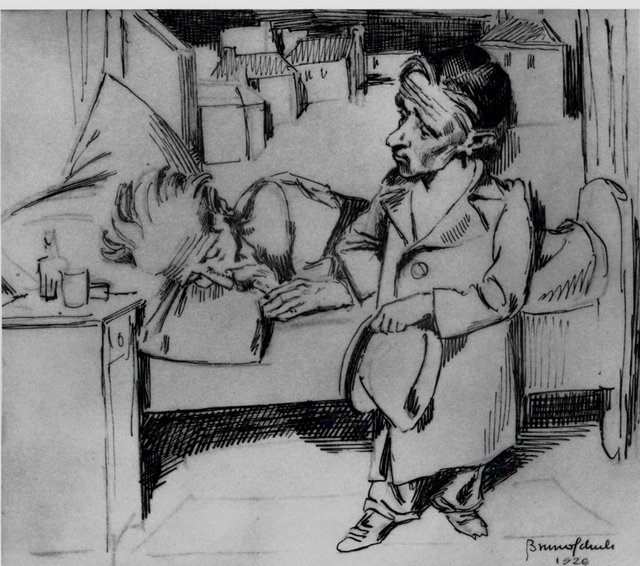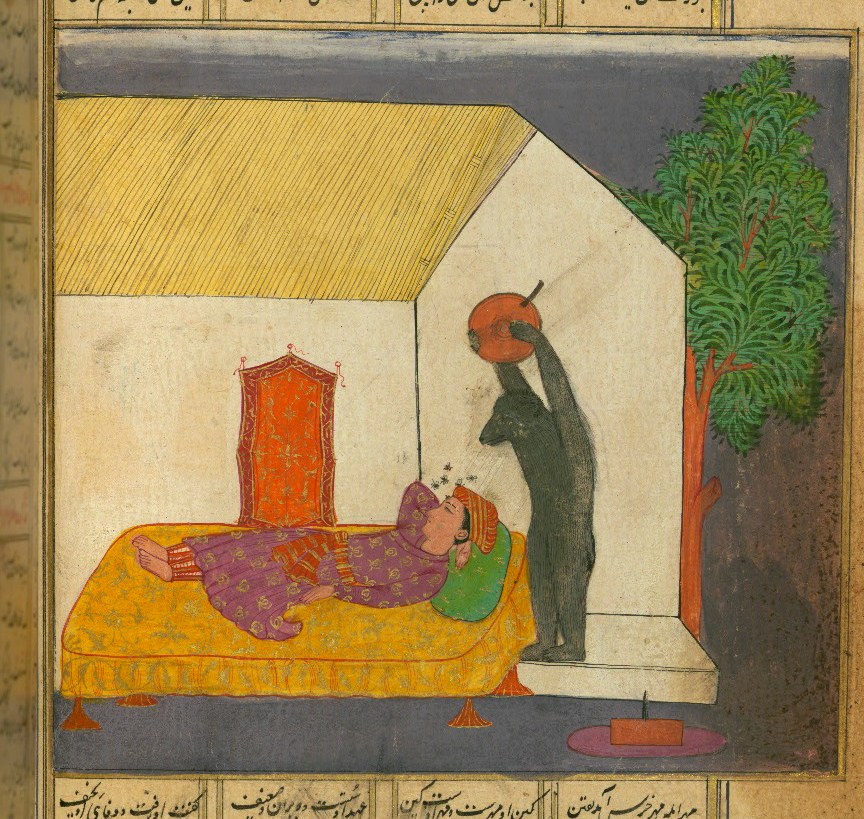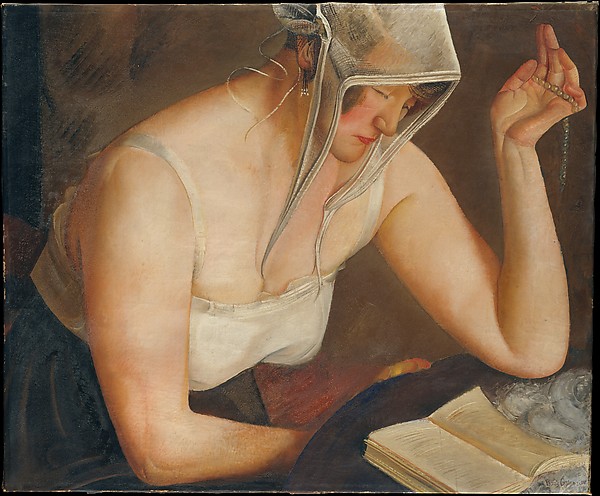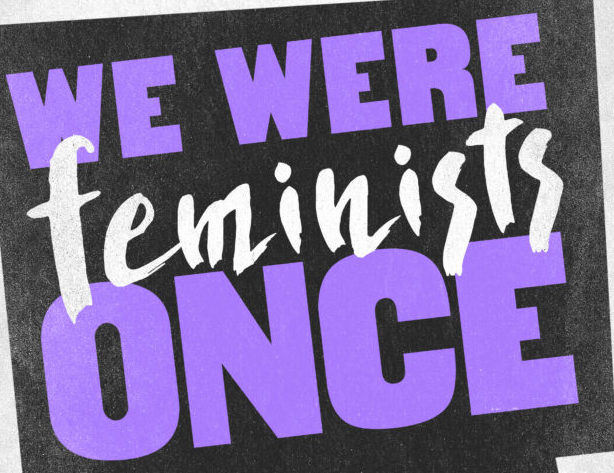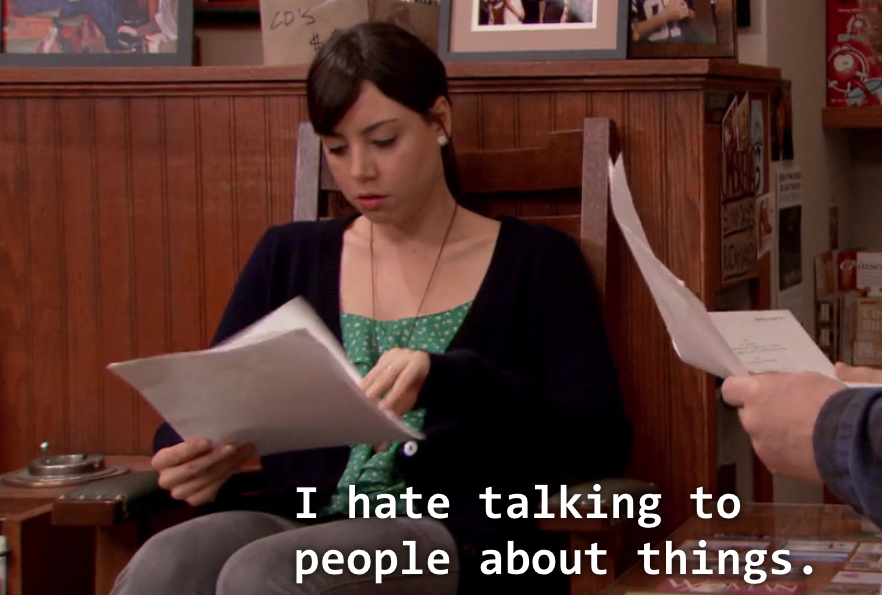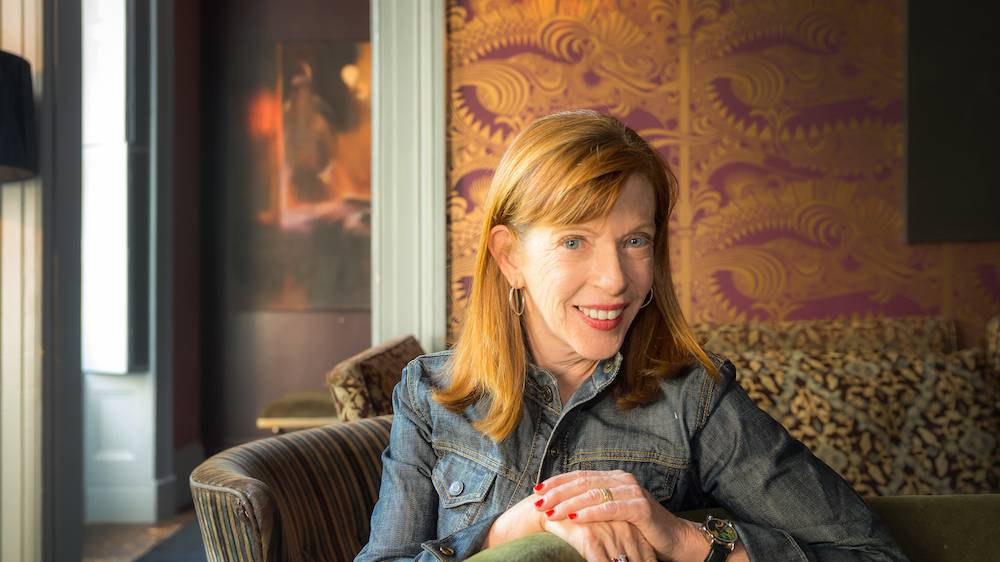“All Happy Families,” by Ursula K. Le Guin
I used to be too respectful to disagree with Tolstoy, but since I got into my sixties my faculty of respect has atrophied. Besides, at some point in the last forty years I began to question Tolstoy’s respect for his wife. Anybody can make a mistake in marriage, of course. But I have an impression that no matter who he married Tolstoy would have respected her only in certain respects, though he expected her to respect him in all respects. In this respect, I disapprove of Tolstoy; which makes it easier to disagree with him in the first place, and in the second place, to say so.
“All Happy Families,” by Ursula K. Le Guin Read More »

